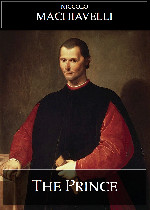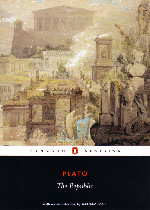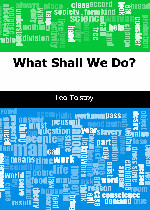
The Prince (Italian: Il Principe [il ˈprintʃipe]) is a 16th-century political treatise by the Italian diplomat and political theorist Niccolò Machiavelli. From correspondence a version appears to have been distributed in 1513, using a Latin title, De Principatibus (Of Principalities). However, the printed version was not published until 1532, five years after Machiavelli's death. This was done with the permission of the Medici pope Clement VII, but "long before then, in fact since the first appearance of The Prince in manuscript, controversy had swirled about his writings".

A Child's History of England(写给孩子们看的英国史) 立即阅读
A Child's History of England is a book by Charles Dickens. It first appeared in serial form in Household Words, running from 25 January 1851 to 10 December 1853. Dickens also published the work in book form in three volumes: the first volume on 20 December 1851, the second on 25 December 1852 and the third on 24 December 1853. Although the volumes were published in December, each was postdated the following year. Dickens dedicated the book to "My own dear children, whom I hope it may help, bye and bye, to read with interest larger and better books on the same subject". The history covered the period between 50 BC and 1689, ending with a chapter summarising events from then until the accession of Queen Victoria.

The Republic (Greek: Πολιτεία, Politeia; Latin: Res Publica[1]) is a Socratic dialogue, written by Plato around 380 BC, concerning justice (δικαιοσύνη), the order and character of the just city-state and the just man. It is Plato's best-known work, and has proven to be one of the world's most influential works of philosophy and political theory, both intellectually and historically. In the book's dialogue, Socrates discusses the meaning of justice and whether or not the just man is happier than the unjust man with various Athenians and foreigners.

What Shall We Do?(我们该怎么办) 立即阅读
"What Shall We Do?" by Leo Tolstoy explores the evil in men. He looks at men's desire for power, entitlement and money.